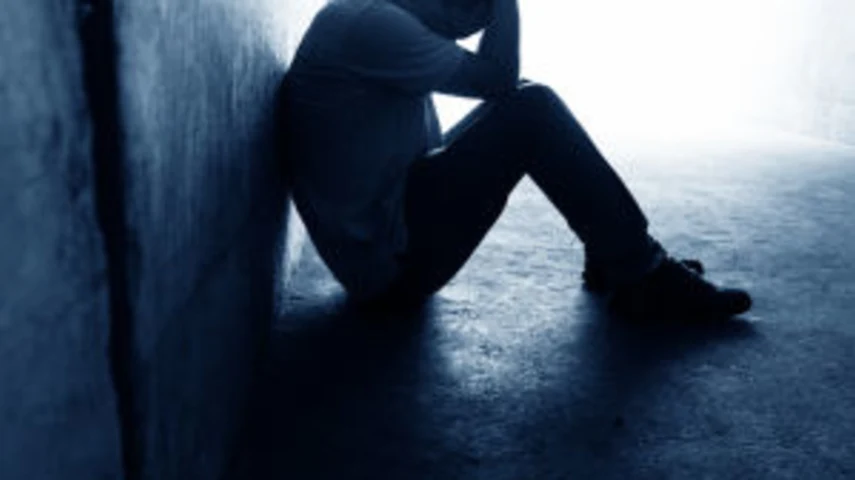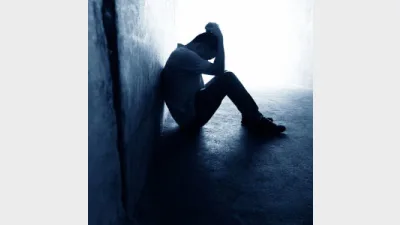Women's health declining due to financial distress



Women are failing to make progress in terms of health, wellbeing and equity in the last two decades, as a result of having lower incomes and less superannuation than men, according to research.
A Monash University-led report Women’s Health and Wellbeing Scorecard: Towards equity for women found it would take over 200 years to reach income equity at the current rate.
As of 2020, there was a $23,767 annual income gap between the two genders, a $44,746 super gap, and a 19 percentage point gap in full-time employment.
Financial limitations were a key determinant of health, the report stated.
“Poor health is known to reduce income; and low income is known to increase risk of poor health creating a cycle of disadvantage for Australian women, with impact on women from diverse backgrounds even greater,” said report co-author Professor Helena Teede, a women’s health expert with the Monash Centre for Health Research and Implementation (MCHRI).
“Poor health, low income and absence from the labour force comes at enormous cost, presenting a key barrier to future prosperity. Women disproportionately have lower income, and less engagement in the labour force, which drives poorer health, even in a high-income country like Australia.”
Every year, women’s labour force absence alone cost $72 billion in lost GDP.
More women experienced elevated psychological distress from financial inequity than men, the report found, which was highest in the last 20 years among women between 18-24 and 55-64 years of age.
This financial inequity further impacted their emotional and physical ability to perform their role, which declined steadily since 2001.
Associate Professor Emily Callander, report co-author and MCHRI Women’s Economics and Value Based Care Unit lead, elaborated on the economic importance of women’s health.
“Having good health, meaningful employment and a decent level of income and wealth allows individuals to fully participate in and contribute to society. These are also vital for health, wellbeing and for economic growth,” she stated.
MCHRI was working towards a world-first integrated Australian Women’s Public Health, Wellbeing and Equity Institute to address these challenges.
The report scorecard, largely based on nationally-representative data from the annual Household, Income and Labour Dynamics in Australia (HILDA) survey, would also be produced annually to track women’s financial wellbeing and health.
Recommended for you
The ongoing adviser shortage is a key driver behind advisers’ increased use of ETFs and managed accounts, according to an industry expert, fuelled by the need for cost and efficiency savings.
A business consultant believes there is a proven correlation between advice businesses that develop and commit to a clear business plan and those that see higher profit outcomes, but only when done correctly.
Advice technology solution intelliflo has launched an integration with fintech firm FAYBL to introduce AI capabilities across the intelliflo office offering to boost efficiency.
ASIC’s court case with Interprac is causing advisers to explore the possibility of self-licensing, according to My Dealer Services, as they observe the reputational damage it can bring to a practice.











